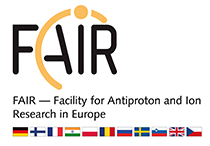
Available Projects for GET_INvolved Internships and Research Stays
The list below is not exhaustive however shows available advertised project(s) with their eligibility. Interested candidates must mention the Project ID in their application in the comments section. In case you do not find one that interests you may still submit a "Speculative application".
Programme specific calls and projects

Please refer to relevant programme from partners and other funding agencies for all programme specific call and available projects:
Application process and other info

Applications are not accepted through email, please read the application page for instruction on how to find a correct opportunity for you and then follow those instructions in order to succesfully submit your application via our Application Portal.

If you have questions, do not hesitate to contact us via email. Follow us on social media to receive information from the Programme.

